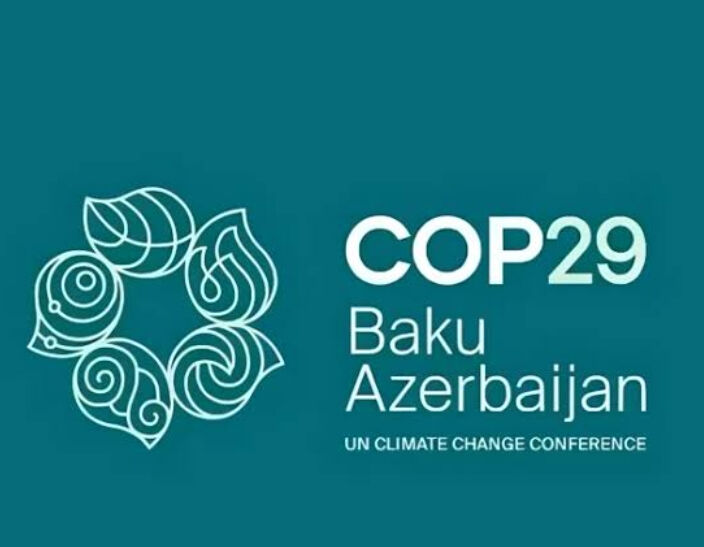Developing Nations Blast $300bn COP29 Climate Deal Insufficient
The agreement, clinched in overtime at the two-week conference in Azerbaijan’s capital, was meant to provide momentum for international efforts to curb global warming in a year destined to be the hottest on record.
Some delegates gave the deal a standing ovation in the COP29 plenary hall. Others lambasted wealthy nations for not doing more and criticised the Azerbaijan host for hurriedly gavelling through the contentious plan.
Reuters reports countries at the COP29 summit in Baku adopted a $300 billion a year global finance target on Sunday to help poorer nations cope with the impacts of climate change, a deal its intended recipients criticised as woefully insufficient.
The agreement would provide $300 billion annually by 2035, boosting rich countries’ previous commitment to provide $100 billion per year in climate finance by 2020.
That earlier goal was met two years late, in 2022, and expires in 2025.
The deal also lays the groundwork for next year’s climate summit, to be held in the Amazon rainforest of Brazil, where countries are meant to map out the next decade of climate action.
The summit cut to the heart of the debate over financial responsibility of industrialised countries – whose historic use of fossil fuels has caused the bulk of greenhouse gas emissions – to compensate others for worsening damage from climate change.
It also laid bare divisions between wealthy governments constrained by tight domestic budgets and developing nations reeling from costs of storms, floods and droughts.
Negotiations had been due to finish on Friday but ran into overtime as representatives from nearly 200 countries struggled to reach consensus.
Talks were interrupted on Saturday as some developing countries and island nations walked away in frustration.
Nations have been seeking financing to deliver on the Paris Agreement goal of limiting global temperature rise to 1.5 degrees Celsius (2.7 degrees Fahrenheit) above pre-industrial levels – beyond which catastrophic climate impacts could occur.
The world is currently on track for as much as 3.1 C (5.6 F) of warming by the end of this century, according to the 2024 UN Emissions Gap report, with global greenhouse gas emissions and fossil fuels use continuing to rise.
Sunday’s deal failed to set out detailed steps for how countries will act on last year’s UN climate summit pledge to transition away from fossil fuels and triple renewable energy capacity this decade.
The agreement includes a broader goal of raising $1.3 trillion in climate finance annually by 2035 – which would include funding from all public and private sources and which economists say matches the sum needed to address global warming.
Countries also agreed on rules for a global market to buy and sell carbon credits that proponents say could mobilise billions more dollars into new projects to fight global warming, from reforestation to deployment of clean energy technologies.
Climate woes are stacking up, with widespread flooding killing thousands across Africa, deadly landslides burying villages in Asia, and drought in South America shrinking rivers.
Developed countries have not been spared.
Torrential rain triggered floods in Valencia, Spain, last month that left more than 200 dead, and the US so far this year has registered 24 billion-dollar disasters – just four fewer than last year.

